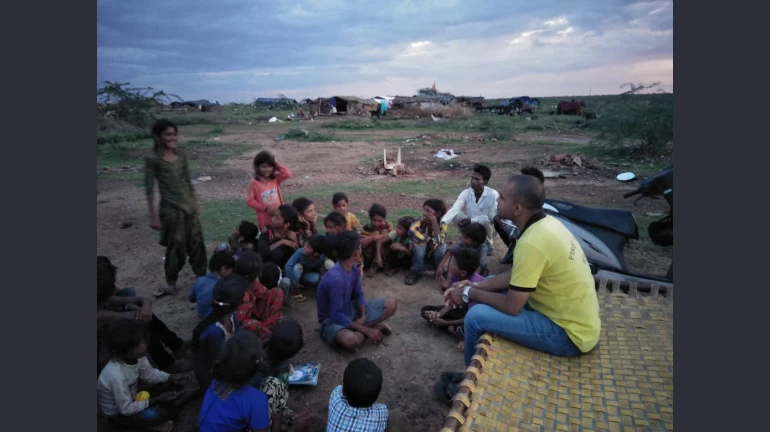
The Maharashtra government will convert 250 Ashram Shalas into Adarsha schools. These 250 schools have been carefully selected from a total of 497 Ashram Shalas spread across Maharashtra. The selection criteria included factors such as the school's location and the existing level of infrastructure.
This was informed by the Department of Tribal Development in Maharashtra released a Government Resolution (GR) on Tuesday, September 26. It outlined the academic and infrastructure requirements for these model residential schools.
Infrastructure Development
The GR emphasises the need for safe structures with adequate restrooms and suitable living spaces for children. Each Adarsh school should have a proper school building equipped with a scientific lab, a music and art studio, a library, and appropriate restrooms.
Additional facilities include separate, well-equipped hostel structures for boys and girls, quarters for teaching and non-teaching staff, a multipurpose hall, a well-stocked canteen, and separate lavatories with sufficient amenities for students with disabilities.
Technological Amenities
To provide modern educational facilities, amenities such as digital classrooms, virtual classrooms, tab labs, computer labs, etc. should be available at each Adarsh Ashram school.
The GR also mandates the provision of clean drinking water and appealing structures like playgrounds with ample sports equipment. Each school should also have a sick room with full amenities, solar inverters, sufficient space for clothes drying and washing, protective walls, and CCTV cameras for security.
Academic Programme
The academic programme at these model residential schools will encourage critical and creative thinking, scientific temperament, as well as communication and teamwork abilities. The curriculum will be delivered in both English and Marathi, with an emphasis on activity-based learning.
Implementation and evaluation
A nine-member state-level committee under the direction of the commissioner of the department responsible for tribal development has been established to develop the curriculum and execute the plan. Smaller committees will be formed under local tribe development projects for periodic evaluations.





